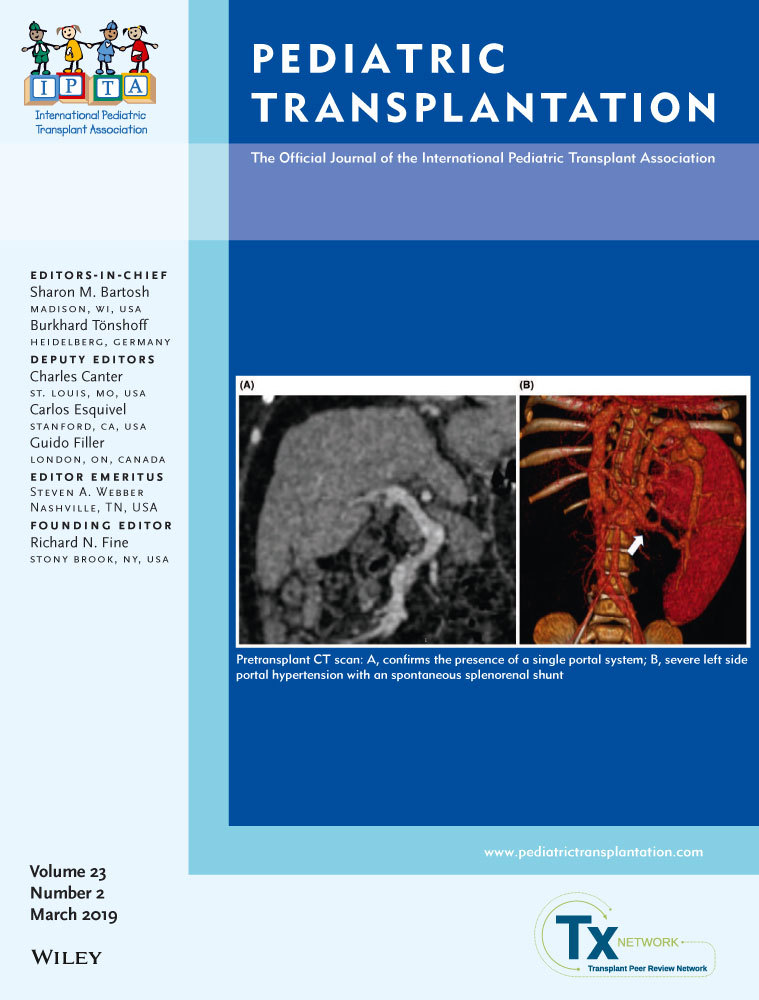Donor-derived strongyloidiasis in a Saudi pediatric kidney transplant recipient: A case report and mini-review
Abstract
S. stercoralis infection has been identified as a donor-derived infection in cases of solid organ transplant among recipients with no prior risk factor for parasitic exposure. Worldwide and regional reports from the adult kidney transplant population highlight this indirect method of infection and caution about delayed diagnosis, severe complications, and death related to donor-derived S. stercoralis infection. We report a deceased-donor-derived S. stercoralis infection in a 12-year-old Saudi girl who underwent kidney transplantation. This is the first pediatric case reported outside the United States of America. Although she presented with mild bouts of gastrointestinal symptoms, the need for additional immune suppression put her at risk of serious complications. A literature review highlights the importance of awareness about S. stercoralis infections and complications in kidney transplant recipients, pretransplant screening of donors based on risk assessment, and the challenges with treatment availability and duration in this vulnerable population.
CONFLICT OF INTEREST
The authors report no conflict of interest.




